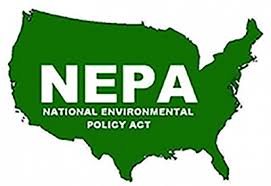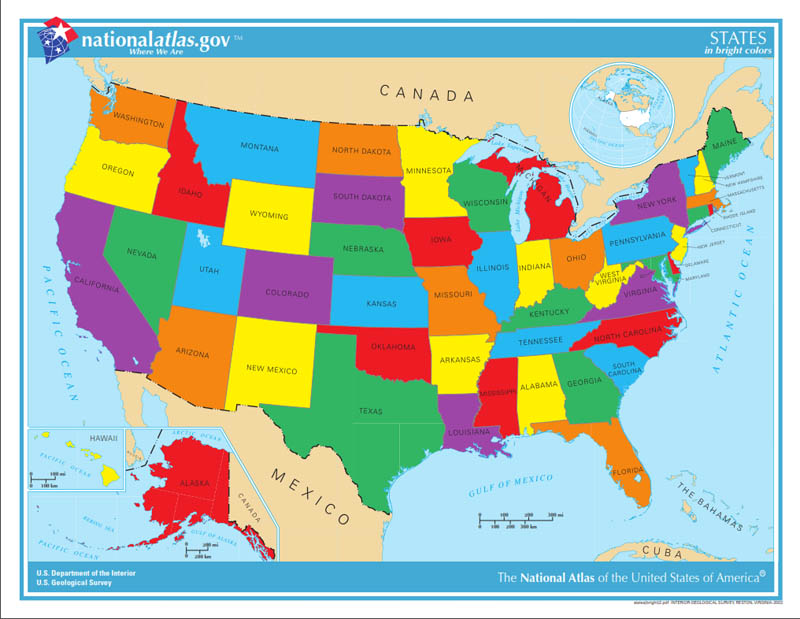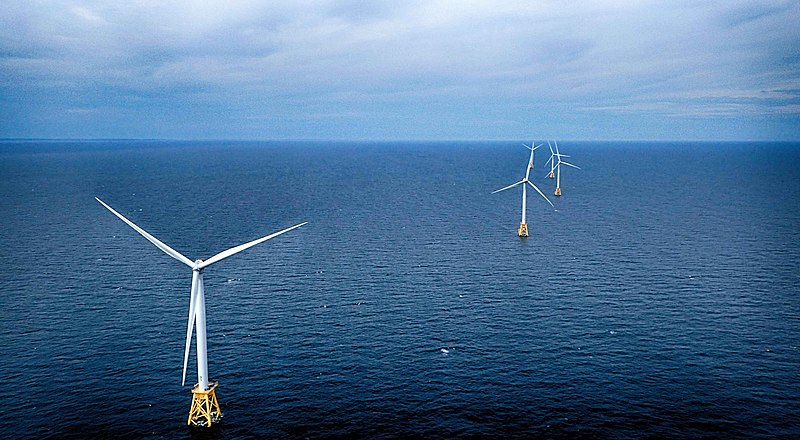Region: National
Everyday Christmas: The Gift of the Commons
Clean air. Clean water. We receive these public goods every day without payment
One of the Christmas classics is the Jimmy Stewart movie, It’s a Wonderful Life. George Bailey, Stewart’s character, is despondent about his life until he learns how much he has unknowingly helped others and how grateful they are. It’s heartwarming, if also a bit corny. There’s a flip side to that story: the need to remember …
Continue reading “Everyday Christmas: The Gift of the Commons”
CONTINUE READINGCan Anyone Stop The Kennedy Center Abomination?
The answer may surprise you!!
A friend wrote to me on Friday, asking: isn’t Trump’s “renaming” of the Kennedy Center obviously illegal?” I couldn’t help responding: “what is this ‘illegal’ of which you speak?” Trump has broken so many laws with impunity, and been given a pass by a MAGAt Supreme Court and a supine Congress that such questions do …
Continue reading “Can Anyone Stop The Kennedy Center Abomination?”
CONTINUE READINGGames Deregulators Play
Here are the six moves the Trump EPA consistently uses to justify deregulation.
If you start reading the Trump Administration’s arguments for deregulation, a repetitive feeling soon sets in. Every deregulation is different, of course, but there are stock arguments that seem to surface again and again.These arguments have a distortion effect, blurring the benefits of regulations while magnifying their costs.
CONTINUE READINGNEPA Reform and Transmission
Reducing NEPA compliance alone won’t solve our transmission problems, and it might be a bad deal for the climate
The recent passage of the SPEED Act highlights one angle in current permitting reform debates: A focus on NEPA, which as a procedural statute might be more feasible to reform than other substantive statutes. Advocates for the SPEED Act have argued that it will help with a range of infrastructure projects, including transmission. But a …
Continue reading “NEPA Reform and Transmission”
CONTINUE READINGWhat’s So Special About NEPA?
Guest contributors Dinah Bear and Niel Lawrence argue that the National Environmental Policy Act process provides unique and wide-reaching benefits.
Attacks on our federal environmental charter, the National Environmental Policy Act, or NEPA, have escalated from seeking the statute’s truncation to its outright abolition. Increasingly bandied about is the claim that while all well and good when passed in 1969, NEPA is now superfluous because we have a whole series of other laws protecting specific resource and places. This ill-founded contention misses what is unique about NEPA and why we benefit from it, today as much as ever.
NEPA is our one, full-spectrum, nationwide mechanism for getting agencies to use their discretion better. Other, resource-specific,federal environmental laws are prohibitory, setting minimum protective standards as a floor under agency discretion. They provide a basic “thou shalt not” for individual resources and values. NEPA’s focus is on the positive, the field of possibilities, not what agencies have to avoid but rather on how to do best what they can do—over and above those often bare-bones minimums. As applied, if well and conscientiously implemented, NEPA equips and nudges agencies toward decisions that are smart, well-informed, and responsive. In so doing, it confers three critical benefits on the public.
Permit Certainty
Revised SPEED Act tries to give certainty to permit holders, and probably fails.
The SPEED Act will be up for a vote in the House of Representatives later this week, and the vote will likely be close. The Act is an effort to do permitting reform for NEPA compliance, in theory to accelerate reviews and provide more certainty about what those reviews cover. I’ve already provided an assessment …
Continue reading “Permit Certainty”
CONTINUE READINGFederalism, AI, and the Environment
Trump’s efforts to overturn state laws are part of his effort to consolidate power and suppress opposition.
State authority isn’t unlimited, but current legal doctrines give it broad scope. So, apparently, does national politics, given that Congress recently rejected a proposal to preempt state AI laws and has never seriously considered preempting state climate laws.
As we all know, Congress has found it extraordinarily difficult to enact legislation on major issues. The executive branch, under the Supreme Court’s “major questions doctrine,” lacks the power to fill the gap. That leaves only the states to save us from paralysis when major new issues arise. That may not be ideal, but it’s better than nothing.
The Answers are Blowing in the Wind
A district court overturns the moratorium on offshore wind, deciding two key legal issues along the way.
The Trump Administration advanced two far-reaching arguments in this case. One is that, when the President directs how an agency should exercise its statutory authority, normal limits on agency action don’t apply. The other is that, even if an agency action is illegal, it must remain in effect against everyone in the world except the plaintiffs who challenged it in a specific case. We can expect the government to keep pressing these points, up to and including Supreme Court review. But the district court in the offshore wind case, along with other lower courts, correctly rejected these arguments.
CONTINUE READINGSCOTUSblog Falls Into the MAGA Orbit
It’s not there yet, but danger signs are appearing. Invest in real journalism to stop the bleeding.
Like most law nerds, I often check out SCOTUSblog when I want to see what the Corrupt Six are doing nowadays. But I had not caught one major change that we should all watch out for: it has become a part of the right-wing media ecosystem. A few months ago, it was purchased by The …
Continue reading “SCOTUSblog Falls Into the MAGA Orbit”
CONTINUE READINGMaking the Most of Data Centers
Data centers are driving energy demand at unbelievable scale. Regulators should use that to build infrastructure we desperately need.
If you’d asked me three years ago, I would never have guessed energy bills would be a salient political issue in 2025, let alone one that politicians anchor their entire campaign around. But of course, the cost of energy is quite different today than it was a few years ago. Electricity prices have increased faster than (already-high) inflation since 2022, leaving ratepayers on the hook for ever steeper …
Continue reading “Making the Most of Data Centers”
CONTINUE READING











